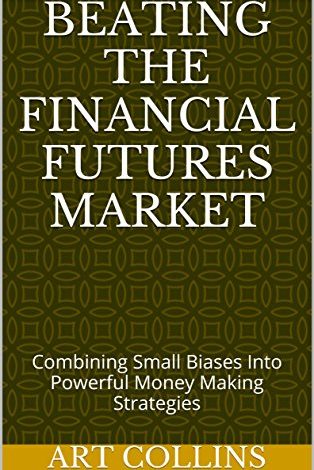Futures Market Making

Futures market making is a type of trading in which financial products such as gold, silver, commodities and other assets are traded at a pre-determined price. It involves a number of different strategies and is one of the most important tools for traders.
A market maker is an individual or a firm that buys and sells the products in exchange-traded contracts on a futures market. These companies help maintain liquidity and reduce price volatility in the market, which increases efficiency.
They do this by providing quotes during the trading day and updating their prices to reflect changes in the underlying markets. This helps increase the trading volumes and decreases the bid-ask spread, thereby infusing liquidity into the markets.
Market makers are essential to exchanges because they make it possible for traders and investors to trade in the market without losing money due to low liquidity. In addition, they are responsible for ensuring that all market participants have an equal opportunity to trade in the same asset, which prevents speculative price fluctuations.
Traders who want to trade futures contracts usually register with a futures exchange or a clearinghouse and open an account with a broker, which provides access to the market. Then, traders can place orders to buy or sell the contract at a fixed price later, known as the expiration date.
The futures market is an auction market in which traders buy and sell commodity and futures contracts for delivery on a certain date. Originally, futures trading was done through open outcry and hand signals in trading pits located in financial hubs, but now the trading is mostly electronic.
These markets are standardized by the exchanges where they trade, so the contracts are very similar to each other in terms of the terms that are set forth. They include the specific product, the currency in which the contract will trade, the minimum tick value, the last trading day and expiry or delivery month, as well as the maximum quantity that can be delivered by a seller or buyer at a given price.
They are also regulated by the Commodity Futures Trading Commission (CFTC) and are a vital part of the futures industry. In the United States, there are many different exchanges that facilitate the trading of these instruments, including the New York Mercantile Exchange (NYMEX), Chicago Mercantile Exchange (CME), and the Cboe Options Exchange.
Market makers are able to manage the risks that come with trading by keeping an inventory of long and short stocks. This is necessary because if the stock’s value suddenly goes down, market makers will need to purchase long stock at a lower price and sell it at a higher price in order to keep up with demand for these products.
They are also able to predict future market movements by using forecasting techniques such as fundamentalists and chartists, which involve extrapolating past price movements. Their ability to accurately predict future market trends is crucial in a volatile market.
For any important information please contact us Email GadgetsNg info@gadgetsng.com
[Button id="1"]



